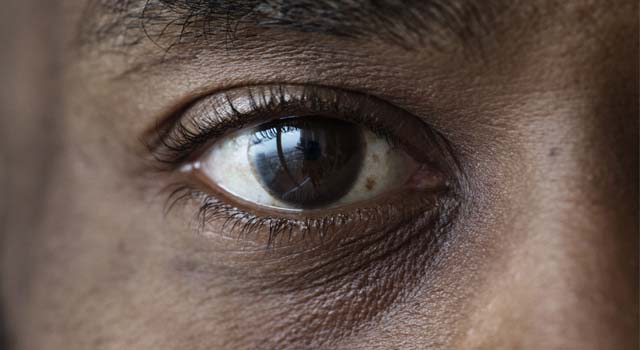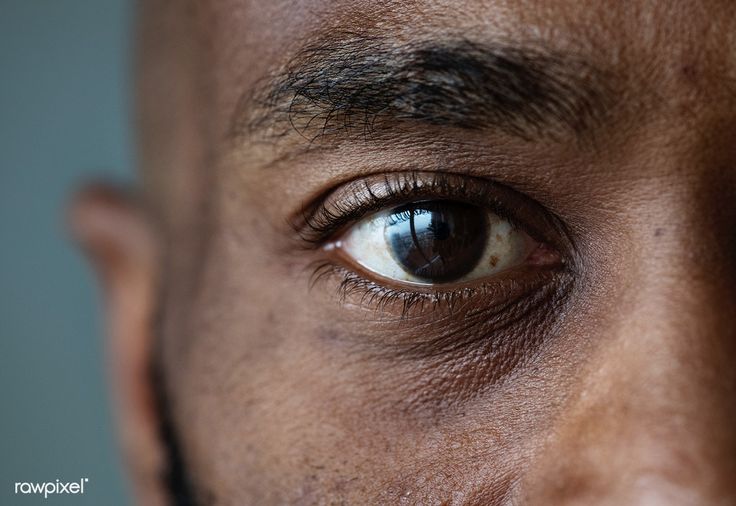Stakeholders within the health sector have expressed deep concern over the escalating prevalence of various eye diseases among residents of Plateau State, resulting in a significant rise in cases of blindness across the region.
These sentiments were shared during a recent meeting convened in Jos to evaluate the findings of the Rapid Assessment of Avoidable Blindness (RAAB) survey conducted in 2023 within the state. The survey, undertaken across the 17 Local Government Areas (LGAs), received support from organisations such as Sightsavers Nigeria, Christian Blind Mission International (CBMI), and Health and Development Support (HANDS).
Dr. Alice Ramyil, a Consultant Ophthalmologist at the Jos University Teaching Hospital (JUTH) and the Lead Researcher for the survey lamented the alarming prevalence of blindness in the state. She highlighted that Plateau currently exhibits a 2.7 percent prevalence of blindness, a stark contrast to the national average of 0.7 percent.

According to Dr. Ramyil, the survey identified Bokkos LGA as having the highest prevalence of avoidable blindness in Plateau, with cases reaching 16.3 percent within the locality. She emphasised that cataracts and glaucoma stand as the primary causes of blindness, both of which are preventable conditions. Furthermore, Dr. Ramyil stressed the importance of enhancing the provision of quality eye care services to address these conditions effectively.
Dr. Sunday Isiyaku, the Country Director of Sightsavers in Nigeria and Ghana, disclosed that his organisation collaborated with the Plateau government to establish an eye health programme within the state. He underscored the significance of the RAAB survey in unveiling the extent of the challenges and guiding interventions to combat the issue.
Similarly, Dr. Obiarairiaku Ukeme-Edet of CBMI highlighted the organisation’s commitment to bridging the gap in eye health services in Plateau State, particularly for Persons with Disabilities (PWDs). She emphasised the importance of reaching out to vulnerable populations and providing essential eye care services to address their needs.
Abalis Dasat, the Eye Health Manager of HANDS, emphasised the collaborative efforts between the state government and donor partners to address blindness in Plateau. He underscored the importance of leveraging statistical insights from the RAAB survey to guide future interventions and ensure effective blindness prevention strategies.
The stakeholders collectively expressed their dedication to addressing the surge in blindness cases in Plateau State and reiterated their commitment to enhancing eye health services and accessibility for all residents.


